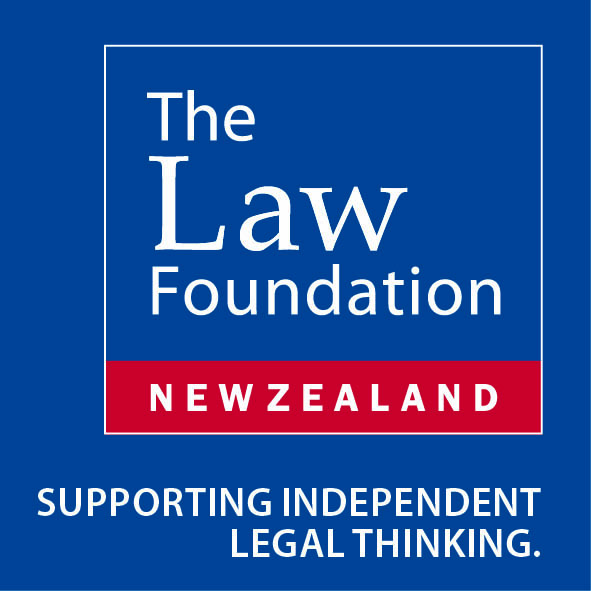The Chartered Corporation as a Governance Technology: Colonial Empire, Constitutional State, and Business Firm
Associate Professor David Ciepley, University of Denver
In reaction against “totalitarianism” in the 1930s, a narrative was established that attributes the “rise of the West” to the growth of individualism—religious, political, legal, and economic. However, is not individuation, but organisation, that generates capacity for action, or power. And when we consider leading markers of the rise of Europe—including the growth of towns, universities, religious orders, and trading companies—what we find is not individualism per se, but individuals organised in corporate and quasi-corporate forms. This lecture focuses on three such corporately organised social formations—colonial empires, constitutional states, and business firms. Incorporation is a device for delegating authority from a sovereign or semi-sovereign to a legally subordinate (but operationally independent) government—the government of a university, town, or firm, for example. It is not a business technology, but a governance technology, with for-profit enterprise not its first, but its last major area of application. The modern business corporation was developed by the merchants and state officials of the Netherlands and England as an instrument of empire—a corporate-led imperialism in competition with the state-led imperialism of Spain and Portugal. Modern constitutionalism emerged from this, in a surprising way. The American colonies were part of the corporate empire of Britain, with the New England colonies as literal corporations of the Crown, with governments established by and limited by a corporate charter. When the Americans broke with Britain, they held on to the practice of limiting their governments by charter, but they substituting the People for the King as the chartering sovereign. Modern constitutions, it can be said, are popularly issued corporate charters, and modern constitutional governments are a form of corporate government. Ironically, this new form of constitutionalism contributed to the subsequent reinterpretation of business corporations as wholly private associations. The lecture concludes by overviewing some of the consequences of this, from the extension of constitutional rights to corporations, to the rise of neoliberalism.
David Ciepley is Associate Professor of Political Science at the University of Denver. He publishes in the fields of democratic theory, liberal theory, and corporate theory, with an emphasis on issues of authority and legitimacy and on institutional reform. Professor Ciepley is the author of Liberalism in the Shadow of Totalitarianism (2006), nominated by Harvard University Press for the Pulitzer Prize. Recent publications include "Beyond Public and Private: Toward a Political Theory of the Corporation" in American Political Science Review (2013); "Is the U.S. Government a Corporation? The Corporate Origins of Modern Constitutionalism" in American Political Science Review (2017); and "Dispersed Constituency Democracy: Deterritorializing Representation to Reduce Ethnic Conflict" in Politics & Society (2013). His current book manuscript recovers the corporate roots of the democratic constitutional state and analyses the changing relations between this quasi-corporate state and the business corporation. Professor Ciepley has held residential fellowships at the Woodrow Wilson International Center for Scholars in Washington D.C. (2011-2012), the Center for Human Values at Princeton (2013-2014), and the Institute for Advanced Study in Princeton under the auspices of an American Council of Learned Societies Frederick Burkhardt Residential Fellowship for Recently Tenured Scholars (2015-2016). In Fall 2017 he will be the Visiting Fulbright Chair in the Theory and Practice of Constitutionalism and Federalism at McGill University in Montreal.
With thanks to the New Zealand Law Foundation for their support.
